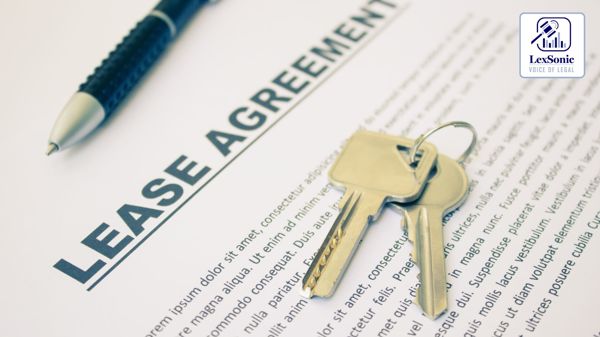Court Affirms Commercial Nature of Lease Dispute Despite Lack of Written Agreement.
07 October 2024
Banking Law >> Business & Commercial Law | Lease >> Property & Real Estate
In a recent judicial decision of Kartar Singh Kochhar v/s ICICI Bank Ltd, the court addressed a crucial question regarding the classification of a dispute as a "commercial dispute," particularly in the context of a lease arrangement lacking a formal written agreement. The case, involving a plaintiff's claim for recovery of possession and damages related to an additional space leased to a bank, highlighted the complexities surrounding oral agreements and their enforceability.
Case Overview:
The petitioner, a plaintiff, initiated a suit seeking recovery of possession, damages, and mesne profits for an additional 302 square feet of space located in the Safdarjung Development Area Market, New Delhi. The space had been leased to the respondent bank on an informal, ad-hoc basis beginning January 1, 2019, without a written lease agreement. This situation was contrasted with an earlier, formal lease agreement signed on October 10, 2012, for a different portion of the same property.
In the current suit (CS 401/2020), the plaintiff claimed ownership of the property and sought compensation for expenses incurred to modify the space for the bank’s requirements. Despite repeated requests, the bank did not execute a formal lease, prompting the plaintiff to seek legal recourse.

Dispute and Court Proceedings:
The bank acknowledged the occupation of the additional space but contended that the plaintiff had not moved to formalize the new lease. During the proceedings, the bank asserted that the dispute was commercial in nature, a claim that was subsequently upheld by the Trial Court in an order dated January 27, 2022.
Plaintiff's Argument:
Challenging this characterization, the plaintiff argued that the absence of a written agreement precluded the dispute from being classified as commercial. The plaintiff maintained that the disagreement stemmed from the bank's failure to formalize the lease, not from an existing contract.
Legal Analysis:
However, the court found these arguments lacking in merit. Legal principles affirm that agreements can be oral and remain valid, even in the absence of written documentation. The court referenced established case law, including Nanak Builders and Investors Pvt. Ltd. Vs. Vinod Kumar Alag, which recognized oral agreements as enforceable contracts. Furthermore, the nature of the plaintiff's claims—seeking possession and damages related to immovable property used for commercial purposes—aligned with the definition of a commercial dispute under the Commercial Courts Act, 2015.
The Act defines a "commercial dispute" as one arising from agreements related to immovable property used exclusively for trade or commerce. The court noted that the absence of a written lease does not negate the commercial character of the dispute, especially since the space was used for banking operations.
Conclusion:
In summary, the court upheld the Trial Court's order, reinforcing the notion that the absence of a formal written agreement does not disqualify a dispute from being categorized as commercial. The ruling clarifies that disputes over property used for commercial purposes, even when based on oral agreements, fall within the scope of commercial litigation.
This decision underscores the importance of recognizing both oral and written agreements in the legal context, ensuring that disputes related to commercial transactions are adequately addressed, regardless of formalities. As the petition was dismissed, the ruling serves as a significant precedent for future cases involving similar circumstances.
Transfer of Property Act, 1882 COMMERCIAL COURTS ACT, 2015 .
